Programme > Conférencier·e·s invité·e·s
- Allison Ballandras-Colas, Institute of Structural Biology (IBS), Grenoble - France
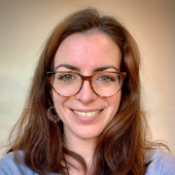 |
Allison Ballandras-Colas obtained her PhD in structural virology in 2010 under the supervision of Pr. Patrice Gouet and Dr. Corinne Ronfort, at the University of Lyon. In 2011, she completed a first postdoc in the team of Pr. Alan Engelman at the Dana Farber Cancer Institute - Harvard Medical School in Boston, USA. Then, in 2016, she joined the team of Dr. Peter Cherepanov at the Francis Crick Institute in London, UK, where she specialized in cryo-electron microscopy. In 2021, she joined the CNRS and the team of Pr. Rob Ruigrok and Dr. Thibaut Crépin at the Structural Biology Institute in Grenoble.
Her research activity focuses on the structural study of protein and nucleo-protein complexes involved in viral replication. She has been working for a long time on integrase proteins from retroviruses and responsible for the integration of the viral genome into the host cell chromosome. She is now interested in the influenza virus proteins involved in the replication and nuclear export of the viral genome. To characterize these mechanisms at the molecular and structural level, she uses cryo-electron microscopy.
Title of the talk (provisional): Catalytic integration, the point of no return during retroviral infection
Theme : Structural bioinformatics and proteomics
|
- Anaïs Baudot, Marseille Medical Genetics (MMG), Marseille - France
|
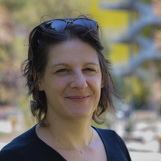   
|
Anaïs Baudot is a CNRS director of research in the field of Computational and Systems Biology.
She received her PhD in bioinformatics from the Aix-Marseille University in 2007, where she worked on predicting protein function through protein-protein interaction networks. She then went on to pursue a postdoctoral research position at the Spanish National Cancer Research Centre, where she worked on projects related to cancer genomics. After her recruitment by CNRS in 2010, she worked in the Mathematics Institute of Marseille in the Mathematics for Systems Biology team. She started to animate a research group dedicated to Systems Biomedicine in the Marseille Medical Genetics unit in 2018. She focuses on the development of computational approaches and methods for the analysis of genomics data. She puts a particular emphasis on network-based approaches to gain a more comprehensive understanding of biological systems with theambition to better understand the genotype-phenotype relationships of genetic diseases.
Title of the talk (provisional) : Network-based data integration for genetic diseases
Theme : Systems biology and metabolomics ; Functional and integrative genomics
|
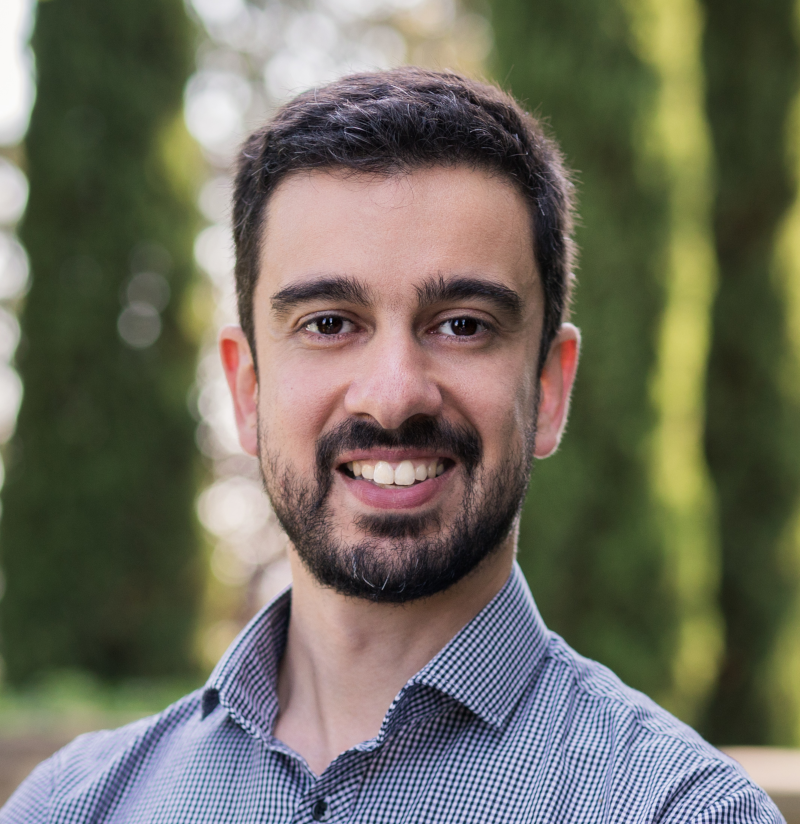 |
Rayan Chikhi heads the “Sequence Bioinformatics” research group at Institut Pasteur in Paris, studying algorithms for DNA sequencing data. He is a computer scientist by training, manipulating algorithms and data structures for strings, trees, graphs, with a strong focus on their applications to biology, e.g. the reconstruction of genomes from reads, and large-scale search using k-mers.
Title of the talk: Living in the Future of Sequence Bioinformatics
Theme : Algorithms and data structures for sequences
|
- Carl Hermann, BioQuant Center & Medical Faculty Heidelberg, Allemagne
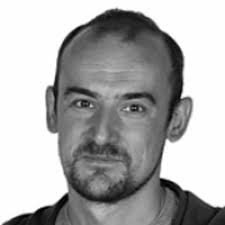 |
Carl Herrmann is Professor of Bioinformatics at the Institute for Pharmacy and Molecular Biotechnology (IPMB) at University Heidelberg. After his engineering studies in Paris, he received his PhD in Theoretical Physics from the University of Marseille in France in the field of particle physics and string theory. He was then postdoctoral fellow in theoretical physics at the University of Turin in Italy and the University of Halle in Germany. In 2003, he transitioned into the field of bioinformatics and was recruited as an assistant-professor at Aix-Marseille University, France. He was member of the TAGC, Inserm, where he focused on gene expression regulation and the application of biological networks. In 2012, he moved to Heidelberg (Germany) and became a group leader at the German Cancer Research Center and the Medical Faculty of Heidelberg. His research focuses on understanding gene (de)regulation in disease, as well as developing novel methods to integrate large-scale genomics datasets. He uses statistical and machine-learning approaches, with a particular emphasis on epigenomics data and single-cell approaches.
Title of the talk (provisional) : Explainable machine-learning models for omics: from black to grey boxes
Theme : Statistics, machine learning, artificial intelligence and image analysis ; Functional and integrative genomics
|
|
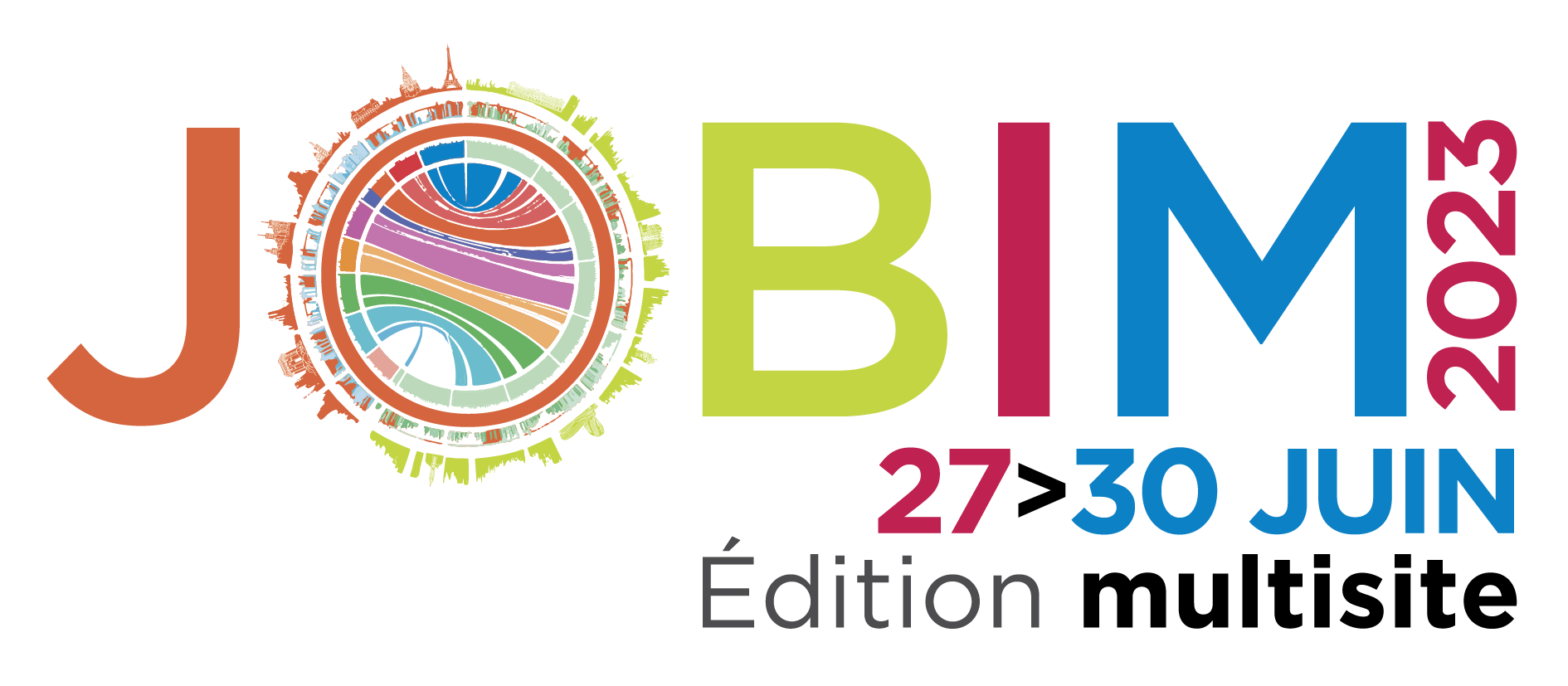

 Chargement...
Chargement...